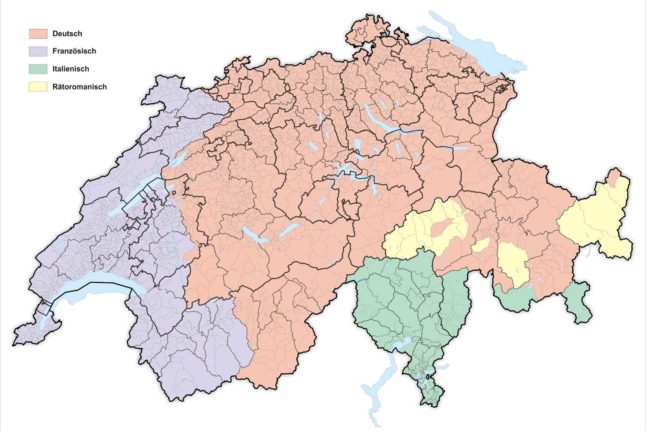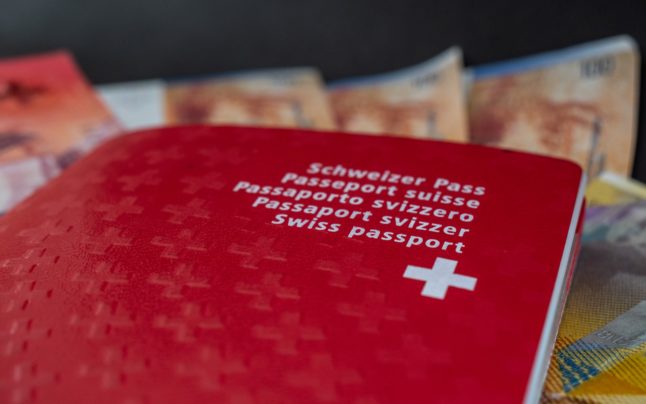For anyone wanting to obtain Swiss citizenship through naturalisation, you will need to demonstrate proficiency in one of Switzerland’s national languages.
Switzerland has four official national languages: German, French, Italian and Romansh.
Fortunately, you only need to be proficient in one of these languages.
English, while widely spoken in Switzerland, is not an official language of Switzerland and English proficiency will not grant you Swiss citizenship.
Note: if you are going for residency, rather than citizenship, the language standards are different. Click the following link for more information.
EXPLAINED: Everything you ned to know about Swiss language tests for residency
What are the language rules for becoming Swiss?
Fortunately, Switzerland has relatively recently changed its language requirements, making them far less confusing to understand and navigate.
Decent language skills have always been necessary for Swiss citizenship but requirements used to vary depending on the canton.
How to apply for Swiss citizenship: An essential guide
But under the 2018 changes, which came into effect on January 1st, 2019, there is now a uniform minimum level of language proficiency required on a federal basis.
Candidates must demonstrate A2 level writing ability (elementary) and B1 (intermediate) spoken skills. This is the level set out in the Common European Framework of Reference for Languages.
Cantons are free to set a higher bar if they wish, as Thurgau has done by requiring citizenship candidates to have B1-level written German and B2 (upper intermediate) spoken German. The rules are also stricter in St Gallen and Schwyz.
More information is available at the following link.
Naturalisation: How well must I speak a Swiss language for citizenship?
Does it need to be the language spoken in my canton of residence?
Moving to Switzerland, it may appear you have three world languages to choose from, although by and large this is not the case.
As the tests are done at a communal level, the language in the commune in question is the one you need to speak.
Therefore, if you have flawless French and live in Schwyz, you need to improve your German in order to make sure you pass the test.
While some Swiss cantons are bilingual, this is comparatively rare at a municipal level.
A Swiss Federal Supreme Court case from 2022 held that a person is required to demonstrate language proficiency in the administrative language of the municipality in which they apply, even if they are a native speaker of a different Swiss language.
In that case, a Cameroonian who arrived in Switzerland at the age of eight with French as her native tongue was required to demonstrate proficiency in German in order to be successfully naturalised in the German-speaking commune of Thun.
What are The Local Switzerland’s reader questions?
As part of our service to our readers and members, we often answer questions on life in Switzerland via email when people get in touch with us.
When these have value to the greater Local Switzerland community, we put them together as an article, with ‘reader question’ in the headline.
All readers of The Local Switzerland can ask a reader question, i.e. you do not need to be a member. If you do find our reporting valuable however, then please consider signing up.
You do not need to live in Switzerland to ask a reader question, i.e. you could be coming to Switzerland for a holiday and have a specific question. However, the questions have to be related to Switzerland in some way.
We will only turn a question into a reader question article where it has value to the broader Local community and where we can answer it.
READ MORE: What are The Local Switzerland’s reader questions?



 Please whitelist us to continue reading.
Please whitelist us to continue reading.
Member comments